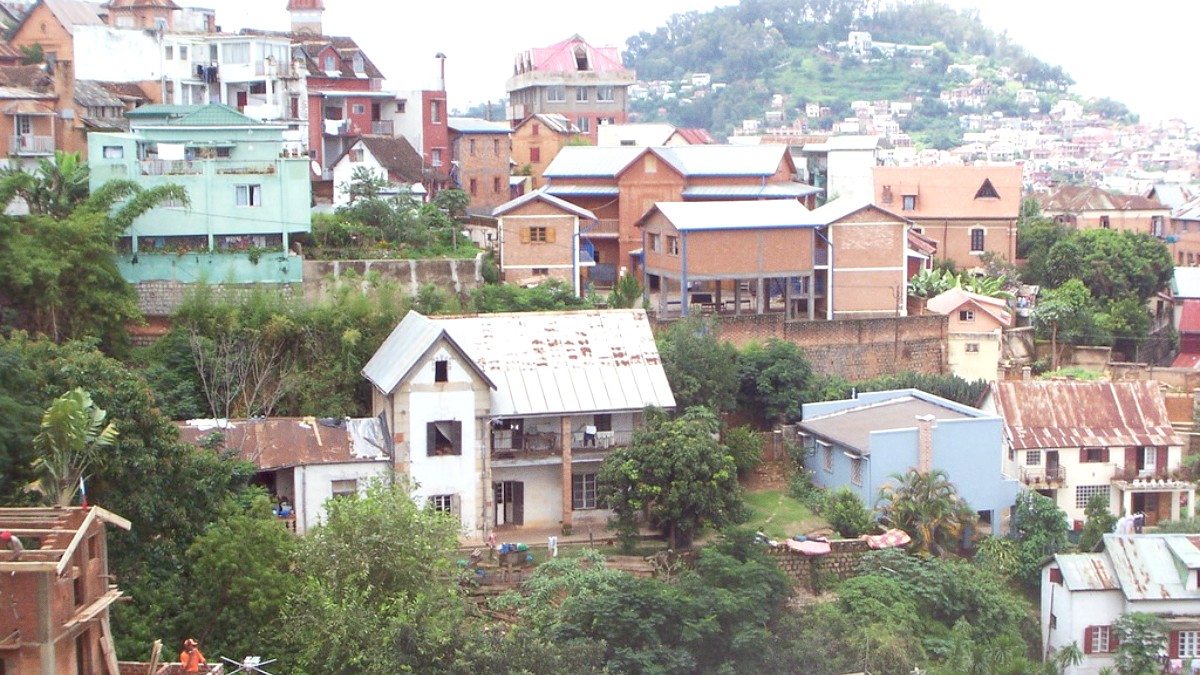
Madagascar
Madagascar has national parks and private reserves preserving unique flora and fauna.
Waste management infrastructure remains poor; litter is a significant problem.
Water scarcity can be an issue; be mindful of your water usage.
Madagascar is a biodiversity hotspot. Your visit supports its conservation.
Minimize your waste to help with local conditions.
Consider offsetting your flight emissions.
Seek out properties with solar power, water recycling, and waste reduction programs.
Find eco-friendly stays on EcobnbSupport operators employing local guides and low-impact activities.
Explore ethical tours with G AdventuresYour choices support Madagascar's unique biodiversity. Minimizing waste and offsetting carbon are positive steps.
Your respectful engagement supports cultural preservation.
NGOs and local communities work to preserve traditional Malagasy culture and heritage.
Guidelines for positive cultural exchanges.
Ethical considerations for capturing images.
Appropriate behavior at sacred places.
Your choices have a direct economic impact on the local community.
Engage with local guides who directly contribute to their communities.
Purchase crafts from local artisans to support cultural heritage.
Support organizations that protect local traditions and heritage, such as The Rainforest Site (GreaterGood).
Respect local customs and traditions. Your mindful approach enriches your experience and supports the local community.
Your travel choices directly impact the local community. Make conscious decisions.
Support tour operators that directly involve and benefit local communities.
Look for certified fair trade products.
Prioritize local restaurants (Hotely), guesthouses, and independent shops.
Be aware of practices to avoid.
Your decisions influence local livelihoods.
Avoid unethical orphanage tourism. Support reputable child protection organizations focused on family reunification.
Avoid direct handouts to child beggars. Instead, consider donating to charities supporting education or social welfare.
Direct charitable contributions through established local NGOs for structured and accountable aid.
Avoid practices that may perpetuate exploitation, like unethical orphanage visits or direct handouts to child beggars.
From backpacking to luxury, choices are available to suit your financial plan.